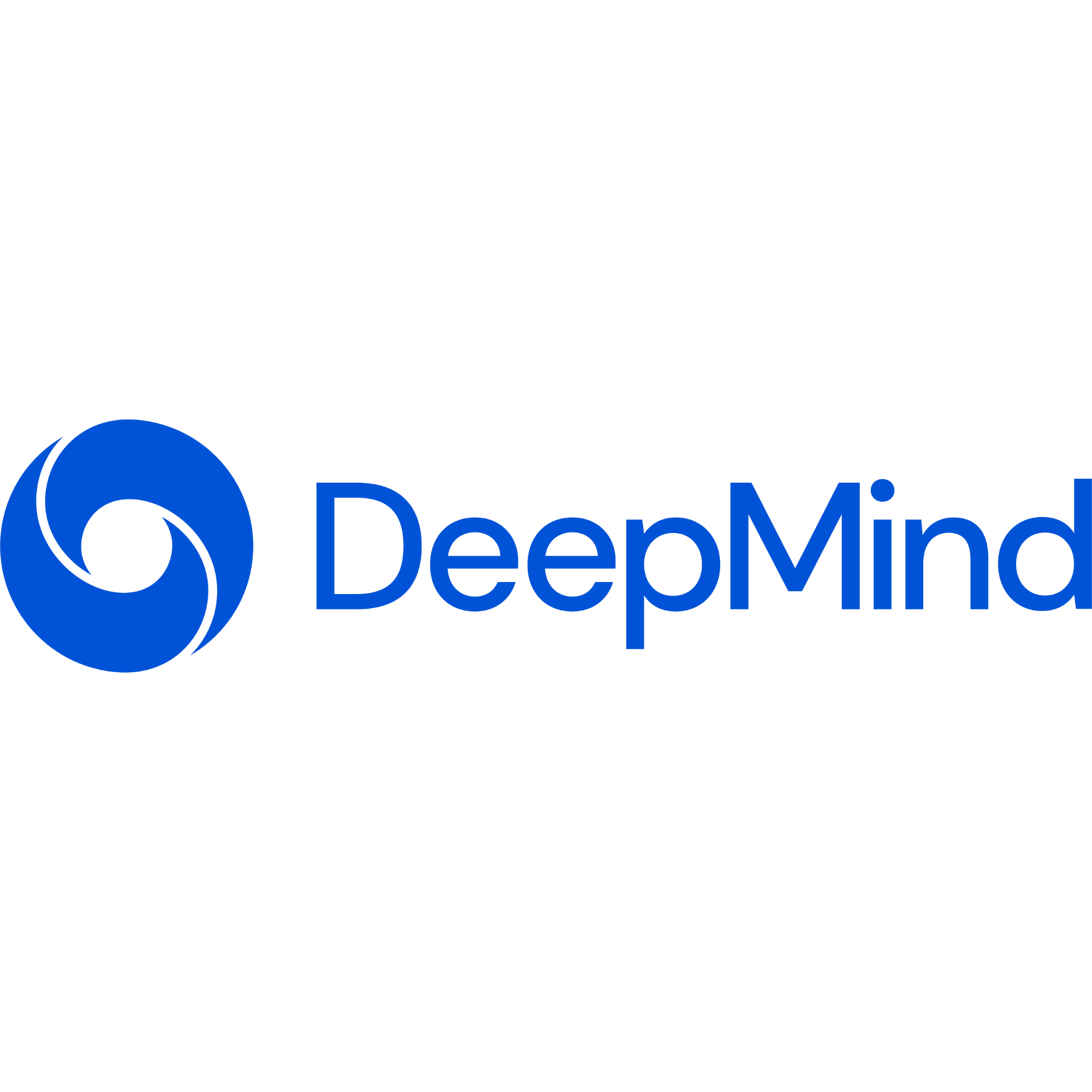
DeepMind replaces Asimov’s laws with adaptive dataset for robots
Google DeepMind under the leadership of Carolina Parada is rethinking fundamental principles of robot safety and wants to move away from classical Asimov’s laws to a more flexible, trainable system. The new so-called “Asimov Dataset” represents not a rigid set of rules, but an adaptive base of potentially dangerous situation scenarios.
The key difference of the new approach lies in the method of risk processing. Modern robots don’t simply follow preset directives – they learn to analyze context. And make decisions based on an extensive base of examples. When a robot sees a glass on the edge of a table, it doesn’t execute a pre-programmed command. But evaluates the situation and moves the object to a safe position. Discovering an object on the floor, the system recognizes potential danger for a person and eliminates it.
The dataset is formed based on analysis of real incidents from different countries of the world, which ensures diversity of cultural and social contexts. Each scenario is accompanied by visual examples and instructions for risk minimization, creating a comprehensive educational environment for artificial intelligence.
This approach differs with 3 fundamental features: dynamic data updating, hybrid control with human participation and openness for testing by third-party developers. Thus, at DeepMind they believe that the “Asimov Dataset” creates not just technology, but an evolving safety ecosystem.
Autor: AIvengo
For 5 years I have been working with machine learning and artificial intelligence. And this field never ceases to amaze, inspire and interest me.
Latest News
Amazon turns couriers into cyborgs with AI smart glassesAmazon decided to turn its couriers into cyborgs. No, seriously - the company announced smart glasses with AI for delivery workers. The idea, according to the e-commerce giant, is to free up drivers' hands. And spare them from constantly switching gaze between phone, package and surroundings.
OpenAI will add character cameos to SoraOpenAI published the development roadmap for Sora, and you know what? It seems the company finally realized that video generation isn't just a technological demonstration. But a tool that people need to actually use. Bill Peebles, project head, announced a whole set of updates, and some of them are really interesting.
Starcloud launches AI satellite in November for data center in spaceYou know where data centers for AI are now being moved? To space. Startup Starcloud, participant in NVIDIA Inception program, plans to launch in November a satellite with AI into Earth orbit. And this is only the beginning of their ambitious plan to solve problems of energy consumption and cooling of data centers on Earth.
ChatGPT Atlas is vulnerable to prompt injections and can help with phishingI told about how OpenAI released the ChatGPT Atlas browser. And here the first users already found a whole bouquet of problems. Let's start with basic things. The browser has no built-in ad blocker, reading mode and text translation function on the page. To retell an article or translate it, you need to ask the bot in chat.
China broke ASML lithography machine while trying to copy itHere's a story about how import substitution faced harsh reality. China tried to disassemble an ASML lithography machine of the DUV category to study its design. Result? They damaged the system and turned to ASML itself with a request to repair. The absurdity of the situation is off the charts.

